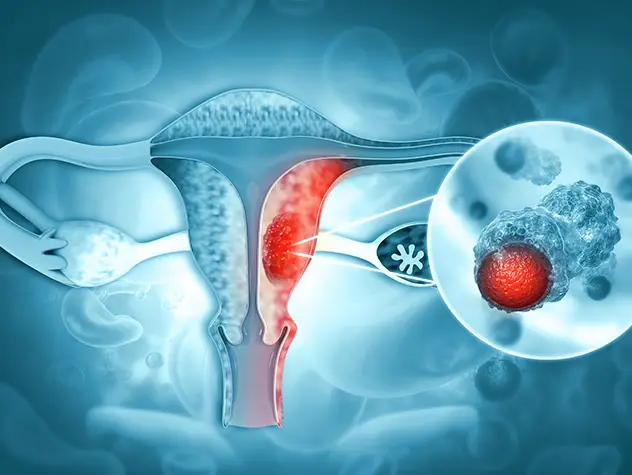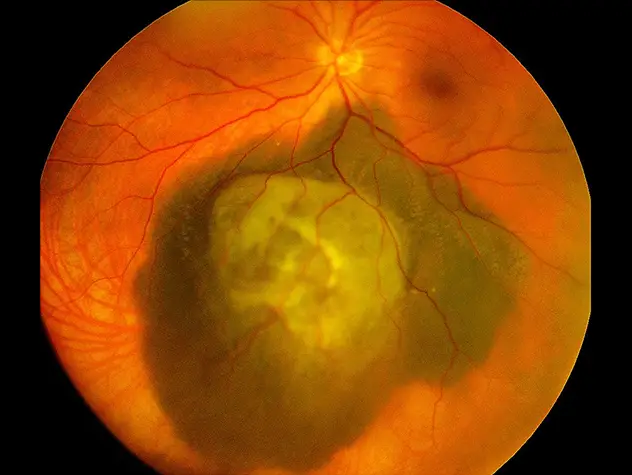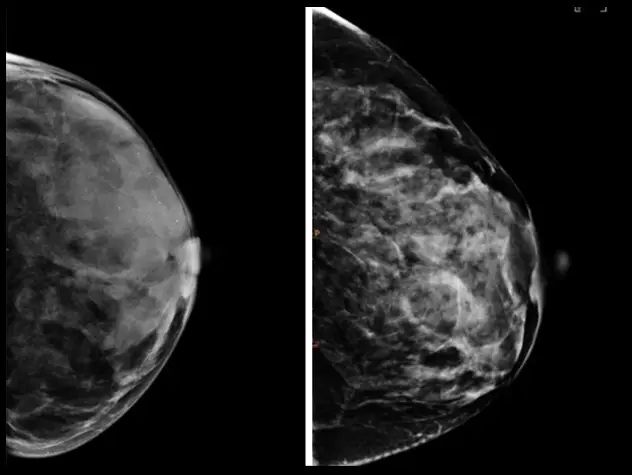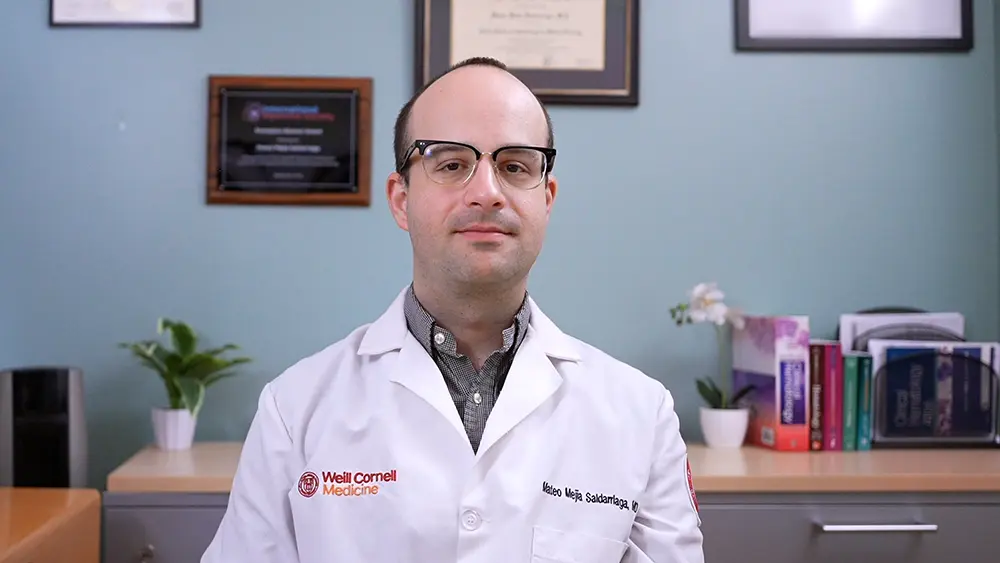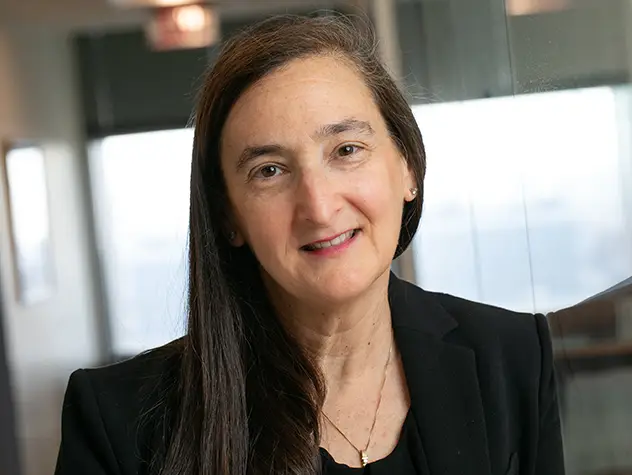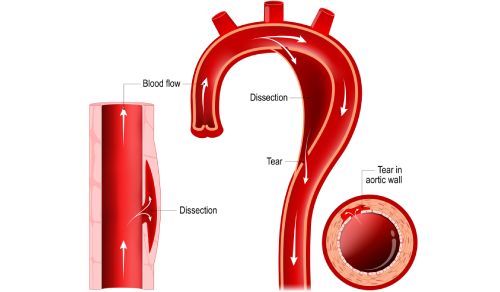Through two world-class cancer centers – Columbia’s NCI-designated Herbert Irving Comprehensive Cancer Center and Weill Cornell Medicine’s Meyer Cancer Center, our team of physician-scientists are transforming care for cancer patients across a broad spectrum of malignant diseases and conditions. From pursuing novel laboratory research to better predict, diagnose and treat cancer, to conducting clinical trials of promising new therapies, our physicians provide personalized treatment plans to deliver optimal outcomes.
Oncology (Cancer)
Featured Updates
Neurological spine surgeons Dr. Andrew Chan and Dr. Dean Chou are using these newer techniques to provide patients with fewer complications and faster recoveries.
The Latest




